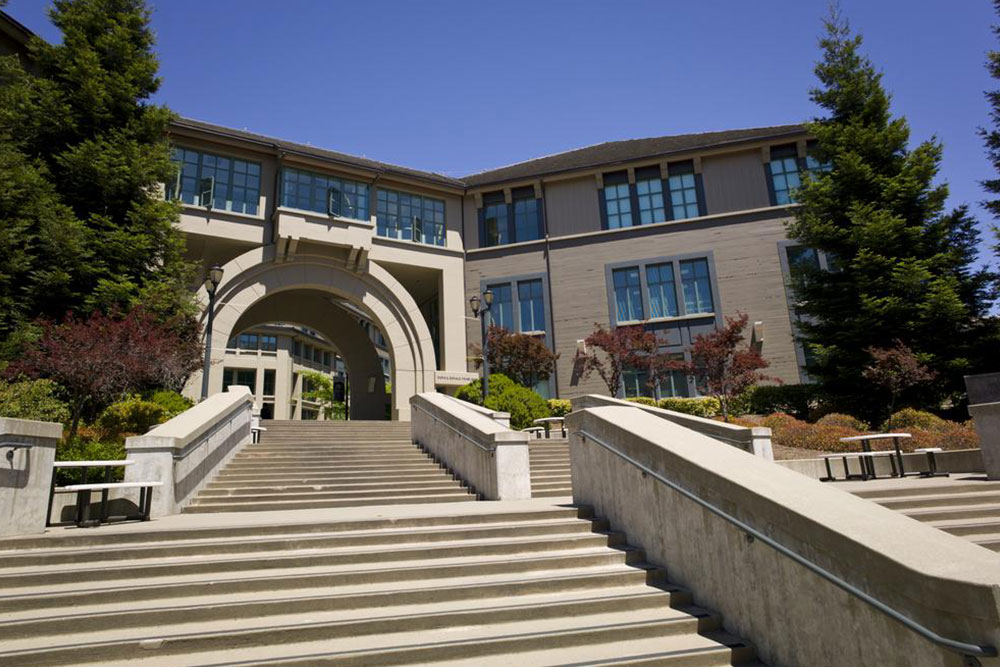Comprehensive Guide to the World’s Leading Business Schools: Rankings, Insights, and Key Factors
Explore the top global business schools with insights into rankings, tuition fees, and key factors to consider when choosing the best MBA program. This comprehensive guide helps prospective students make informed decisions to advance their careers in business, covering program types, costs, and career prospects at leading institutions worldwide.

Comprehensive Guide to the World’s Leading Business Schools: Rankings, Insights, and Key Factors
For ambitious students and young professionals worldwide, gaining admission to a top-tier business school can be a game-changer. These renowned institutions not only offer prestigious degrees but also open doors to lucrative career opportunities and influential networks. As competition intensifies, understanding the landscape of global business education becomes vital for prospective students aiming to make informed decisions about their futures. This comprehensive guide explores the top business schools worldwide, examines current ranking trends, discusses key aspects of MBA programs, and provides valuable insights into choosing the right school based on individual goals and financial considerations.
Over recent years, the structure of MBA programs has evolved significantly. Traditionally, two-year MBA programs were considered the gold standard, emphasizing a comprehensive curriculum combined with substantial networking opportunities. However, a noticeable shift toward shorter, more intensive one-year MBA programs has gained popularity, especially in Europe and Asia. These accelerated options provide a practical alternative for busy professionals eager to advance their careers without prolonged absence from the workforce. Leading business schools worldwide have started to offer these streamlined options, often with highly competitive entry standards.
When selecting the ideal MBA program, prospective students should weigh various factors such as reputation, total costs, post-graduation employment prospects, and return on investment (ROI). While all top-ranked business schools promise excellent career outcomes and robust alumni networks, the financial outlay can vary greatly, influencing decision-making. In this guide, we list the top 10 business schools globally, along with estimated tuition fees, to help candidates make informed, strategic choices that align with their professional ambitions and financial capabilities.
Harvard Business School – USD 61,225
INSEAD – USD 87,436
HEC Paris – USD 58,500
Stanford Graduate School of Business – USD 64,050
London Business School – USD 80,000
Wharton School at the University of Pennsylvania – USD 68,210
University of California, Berkeley (Haas School of Business) – USD 54,066
Columbia Business School – USD 63,148
Yale School of Management – USD 66,650
University of Cambridge Judge Business School – USD 89,000
Harvard Business School and INSEAD are universally recognized as leading contenders, often competing for the top spot in global rankings. These schools are renowned for their rigorous academic programs, innovative curricula, and strong global alumni networks. Stanford Graduate School of Business and HEC Paris also rank consistently among the best, notable for their entrepreneurial focus, leadership development, and comprehensive career support services.
Choosing the right business school involves more than just considering rankings or costs. Prospective students should evaluate factors such as program specialization options, campus culture, geographical location, faculty expertise, and opportunities for experiential learning. Cost considerations, including tuition and living expenses, are equally important, especially for international students planning their budgets carefully.
In addition to academic excellence, many top business schools foster extensive opportunities for networking, internships, and immersive projects. These aspects significantly enhance the overall value and practical readiness of MBA graduates. Ultimately, selecting a business school requires balancing personal career goals, financial investment, and individual preferences, ensuring the chosen institution aligns with long-term aspirations.
To summarize, the landscape of global business education is dynamic and varied, with options suitable for a wide range of professionals. Whether seeking a traditional two-year MBA, an accelerated one-year program, or specialized master's degrees, candidates can find options that fit their unique circumstances. By carefully considering rankings, costs, program features, and career outcomes, prospective students can make informed decisions that pave the way for successful leadership and entrepreneurial ventures in their future careers.





